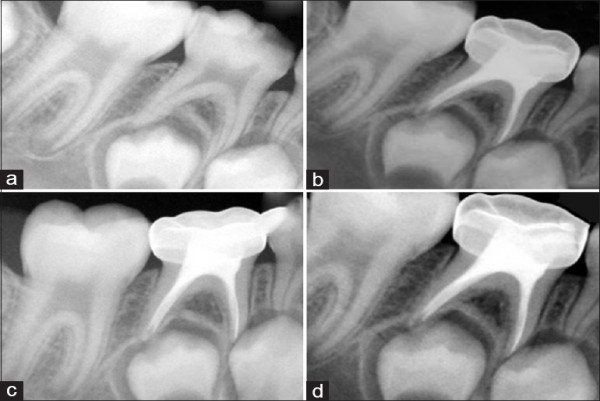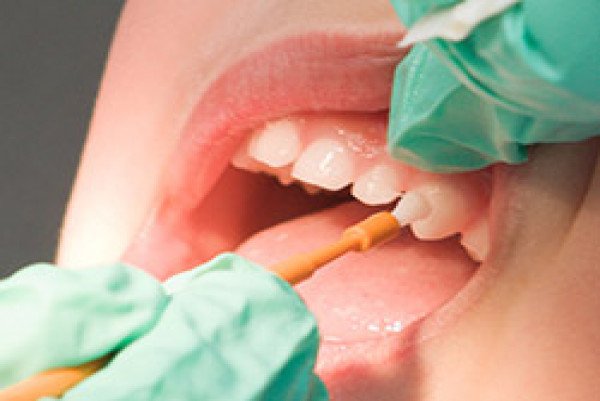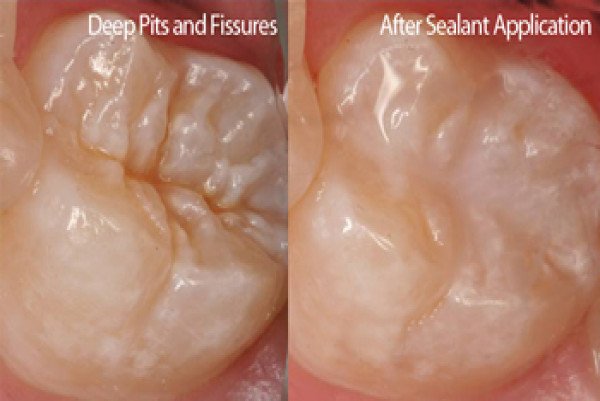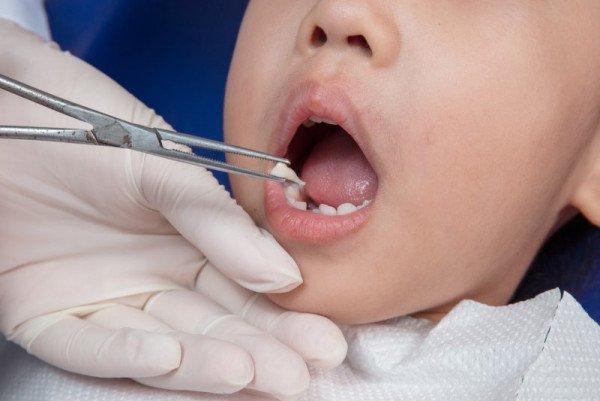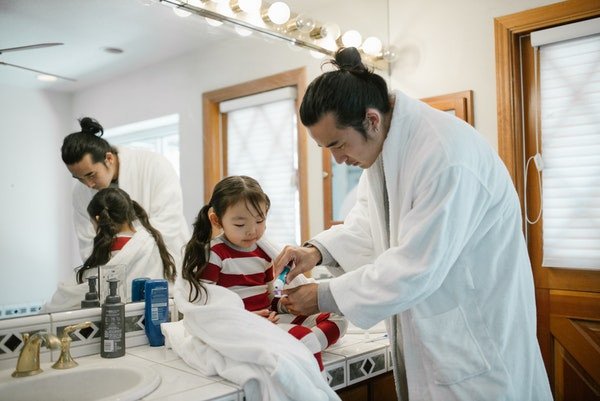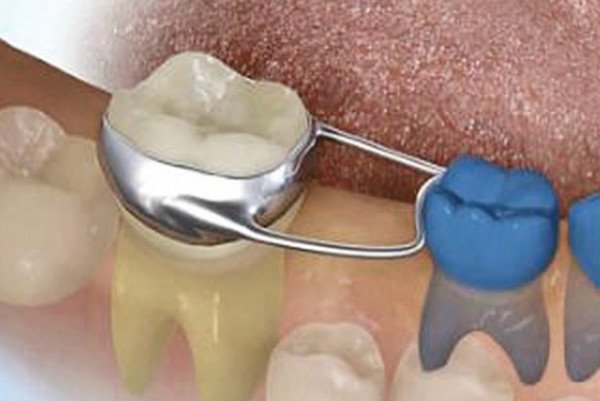SERVICES
Dentistry for children
From the moment that you and your child enter our clinic, we want you to feel welcome. We are committed to providing your child the best oral health care in pleasant environment. With proper and consistent dental treatment, we can help to prevent cavities in the future and teach healthy habits that will last a lifetime.
Special care is taken to eliminate their pain and fear, thus making them extremely comfortable. Managing children in a dental chair is a specialized task involving special behavioral management techniques that motivate the child & eliminate fear.
Tips to keep your kids' teeth decay-free:
- Start brushing your baby's teeth as soon as the first milk tooth breaks through.
- Brush your child's teeth for at least two minutes twice a day.
- Supervise tooth brushing until your child is seven years old.
- Fissure sealants can be done once your child’s permanent back teeth have started to come through (usually at the age of about six or seven years) to protect them from decay.
- Fluoride varnish can be applied to both baby teeth and adult teeth. It helps in preventing cavity formation. It should be done every 6 months until all permanent teeth erupt.
The Cavity Free Club
All children who are cavity free at Dr. Pol’s Children and Family Dental Care on their 6 month follow up appointment after the treatment are entered into our Cavity Free Club. The Cavity Free Club participants will have their picture taken and will be featured on our Cavity Free Club wall with the chance to win a prize! This is our unique way of keeping the children motivated to maintain their oral hygiene even after the treatment is over.
How do I take care of my child’s teeth?
Brush your child’s teeth twice a day with fluoride toothpaste and floss once a day to remove plaque. Also, limit sugary snacks and beverages, and make sure your child visits the dentist regularly for check-ups and cleanings.
How often should I take my child to the dentist?
The American Academy of Pediatric Dentistry recommends that children visit the dentist every six months. However, depending on your child’s specific needs, your dentist may suggest more frequent visits.
What age should I start brushing my child’s teeth?
Start cleaning your baby’s gums soon after birth by wiping them gently with a soft, damp cloth. Once their first tooth appears, start brushing twice daily with a tiny smear of fluoride toothpaste and a soft-bristled brush the size and shape of your child’s mouth.
What should I do if my child experiences tooth pain?
Contact your dentist as soon as possible to get an appointment for your child. If the pain is severe, you can give them over-the-counter pain medications like ibuprofen or acetaminophen until you can reach the dentist.
WIs it safe to use mouthwash on children?
It’s not necessary for children under 6 to use mouthwash, as their teeth are still developing. For children over 6, you can talk to your dentist about which type of mouthwash is best for your child. Generally speaking, fluoride-based mouthwashes are safe and beneficial for most children.
What are the most common dental procedures in pediatrics?
Common dental procedures in pediatrics include sealants, fillings, and extractions. Your dentist can advise you on what treatments your child needs based on their individual needs.
At what age should kids go to dentist?
The American Academy of Pediatric Dentistry recommends that children visit the dentist every six months, starting by their first birthday. However, your dentist may suggest more frequent visits depending on your child’s specific needs.
What are the common dental problems in kids?
Common dental problems in kids include cavities, gum disease, baby bottle tooth decay, and teeth grinding. Additionally, some children may also be at risk for more serious issues like oral cancer or misalignment of the teeth. Your dentist can assess your child’s mouth for any signs of trouble.
What is a child dentist called?
A child dentist is called a pediatric dentist. Pediatric dentists specialize in treating the oral health needs of infants, children and adolescents. They are experts in children’s dental development and behavior management.
What should I do if my child is afraid of going to the dentist?
Talk to your dentist about ways to make the experience less intimidating for your child. Many pediatric dentists are experienced in helping children feel comfortable and relaxed during their visits. Additionally, you can talk with your child beforehand about what to expect during their appointment.
What treatments does a pediatric dentist specialize in?
Pediatric dentists specialize in preventive treatments such as sealants and fluoride, restorative treatments like fillings and crowns, orthodontic treatments for teeth alignment, and minor surgical procedures. They can also recommend other specialists if your child needs more specialized care.
Why should I take my child to a pediatric dentist?
Pediatric dentists are specifically trained to work with children and understand their unique dental needs. Additionally, they can provide a friendly and reassuring atmosphere, which can make dental appointments more comfortable for your child. Visiting a pediatric dentist regularly is the best way to ensure your child’s oral health remains in good condition.
How should I clean my baby’s teeth?
Start cleaning your baby’s teeth soon after birth by wiping them gently with a soft, damp cloth. Once their first tooth appears, start brushing twice daily with a tiny smear of fluoride toothpaste and a soft-bristled brush the size and shape of your child’s mouth. Make sure to also floss your child’s teeth at least once a day.
Why should my child see a pediatric dentist instead of our regular family dentist?
Pediatric dentists specialize in treating the oral health needs of infants, children, and adolescents. They are experts in children’s dental development and behavior management, which allows them to provide comprehensive services that are tailored to meet your child’s individual needs. Therefore, it is best to take your child to a pediatric dentist who specializes in treating young patients.
What are dental sealants and how do they work?
Sealants are thin, plastic coatings applied to the chewing surfaces of the back teeth (molars). They act as a barrier, protecting the tooth from bacteria and other particles that can cause decay. Sealants are typically applied to children’s teeth but can also be used for adults.
Can thumbsucking be harmful for my child’s teeth?
Yes, thumbsucking can be harmful for your child’s teeth if done in excess and over a long period of time. Thumbsucking can cause misalignment of the teeth and bite issues. If your child continues to suck their thumb after their permanent teeth have begun to come in, it is best to speak with your pediatric dentist about ways to help them break the habit.
Is baby tooth decay common?
Yes, baby tooth decay is unfortunately quite common but can be prevented with proper oral hygiene. It is important to start cleaning your baby’s teeth soon after birth and to continue brushing twice daily with a tiny smear of fluoride toothpaste once their first tooth appears. Additionally, it is important to take your child for regular dental checkups so that any issues can be caught and treated early.
How do you treat tooth decay in babies?
Tooth decay in babies is typically treated with a small filling. If the decay is more severe, your pediatric dentist may recommend a stainless steel crown or other restorative treatments to protect the tooth and restore its function. In some cases, the tooth may need to be extracted if it cannot be saved. Your pediatric dentist will discuss all of your options with you and help you decide what is best for your child.
What are the signs of tooth decay in babies?
The signs of tooth decay in babies can range from mild to severe. Common signs include dark spots or white lines on the teeth, sensitivity to hot and cold temperatures, pain when chewing, bad breath, and swollen gums. If you notice any of these signs, it is important to contact your pediatric dentist as soon as possible so that the issue can be properly addressed.


